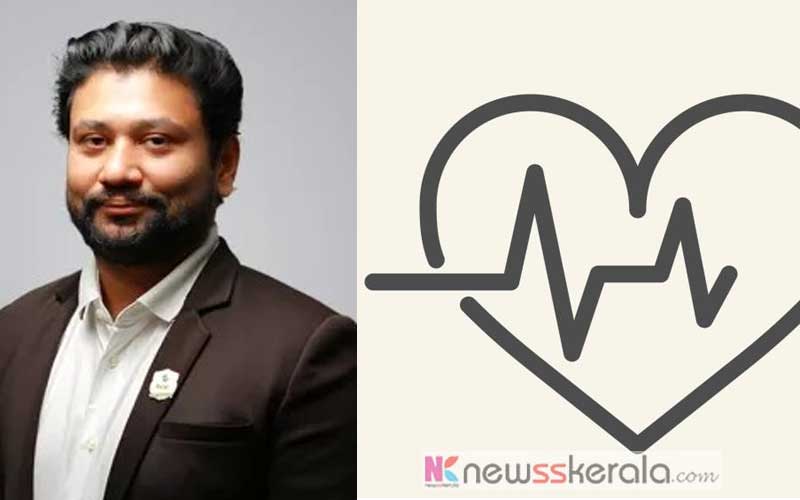by Dr. Bijoy Jacob
Kochi: Cardiac surgery is a substantial procedure with a profound impact on patients’ quality of life. It prevents recurrent hospital and ICU admissions in patients and helps them to lead a normal life. It also prevents mortality and morbidity due to cardiac disease. However, it can also pose challenges to health and recovery mainly due to the complexity of the surgery. While medications play a vital role in early recuperation, lifestyle changes are equally crucial. These changes address underlying causes, reduce risk factors, boost medication efficacy, and promote overall health. By adhering to these essential practices post-cardiac surgery, individuals can significantly improve outcomes and enhance their quality of life.
These are the essential practices to diligently adhere to following cardiac surgery:
Quitting smoking: Smoking is one of the major risk factors for cardiac problems and complications. Quitting smoking can reduce the risk of heart attack, stroke, and death by 50%. Additionally, saying no to smoking can enhance wound healing and optimize the functionality of the lungs and blood vessels. Smoking also causes accelerated diseases in the grafted vessels.
Following a healthy diet: A healthy diet can lower the levels of cholesterol, blood pressure, and blood sugar, and prevent obesity and diabetes which can pose threats in the post-surgery life. A healthy diet should include plenty of fruits, vegetables, whole grains, lean proteins, and healthy fats, and limit the intake of salt, sugar, saturated fats, and processed foods. Keep your body hydrated and keep an eye on your weight levels as well. Consult your doctor or dietician if you have diabetes or kidney disease before planning the diet.
Regular exercise: Exercise can improve the strength and efficiency of the heart and the circulation of blood and oxygen. It can also help to control weight, blood pressure, blood sugar, and cholesterol levels, and reduce stress and depression. Patients should aim for moderate-intensity aerobic exercise per week, such as walking, cycling, or swimming, and include some strength training and flexibility exercises as well. The intensity of exercise should be determined by your treating doctor depending on the previous cardiac status.
Managing stress: Stress can hurt the heart and the mental health of patients. It can trigger or worsen symptoms, such as chest pain, palpitations, shortness of breath, and anxiety. It can also increase the risk of arrhythmias (irregular heartbeat), heart attack, and stroke. Patients should try to avoid or cope with stressful situations and practice relaxation techniques, such as breathing exercises, meditation or yoga.
Limiting alcohol consumption: Alcohol can interfere with the effects of some medications and increase the risk of bleeding, arrhythmias, and heart failure. It can also raise blood pressure, cholesterol, and triglyceride levels(a type of fat (lipid) found in the blood) and contribute to weight gain and liver damage. It can also alter the efficacy of certain anticoagulants which in turn can cause bleeding or stuck valves. Patients should try to avoid alcohol intake altogether.
Quality Sleep: A regular sleep schedule and quality amount of sleep is important. Avoid sleeping on your stomach and use pillows for comfort. Avoid caffeine, alcohol, nicotine, and heavy meals before bedtime. Create a quiet environment which helps to relax and get a good sleep.
Taking medications as prescribed: Medications can help to control the symptoms and prevent the complications of cardiac surgery. They can also reduce the risk of recurrence of cardiac events and death. Patients should take their medications as prescribed by their doctors, and follow the instructions on how to use them. They should also inform their doctors of any side effects or interactions with other drugs or supplements.
Lifestyle changes post-cardiac surgery can be challenging, but they can also be rewarding and beneficial for the health and well-being of patients. Patients should ask their doctors, friends, and family for support and guidance, and they should follow any advice and recommendations that are specific to them. By doing so, they can improve their chances of living a longer, happier, and healthier life.
Dr. Bijoy Jacob is HOD & Senior Consultant at CVTS Aster MIMS, Calicut.






















